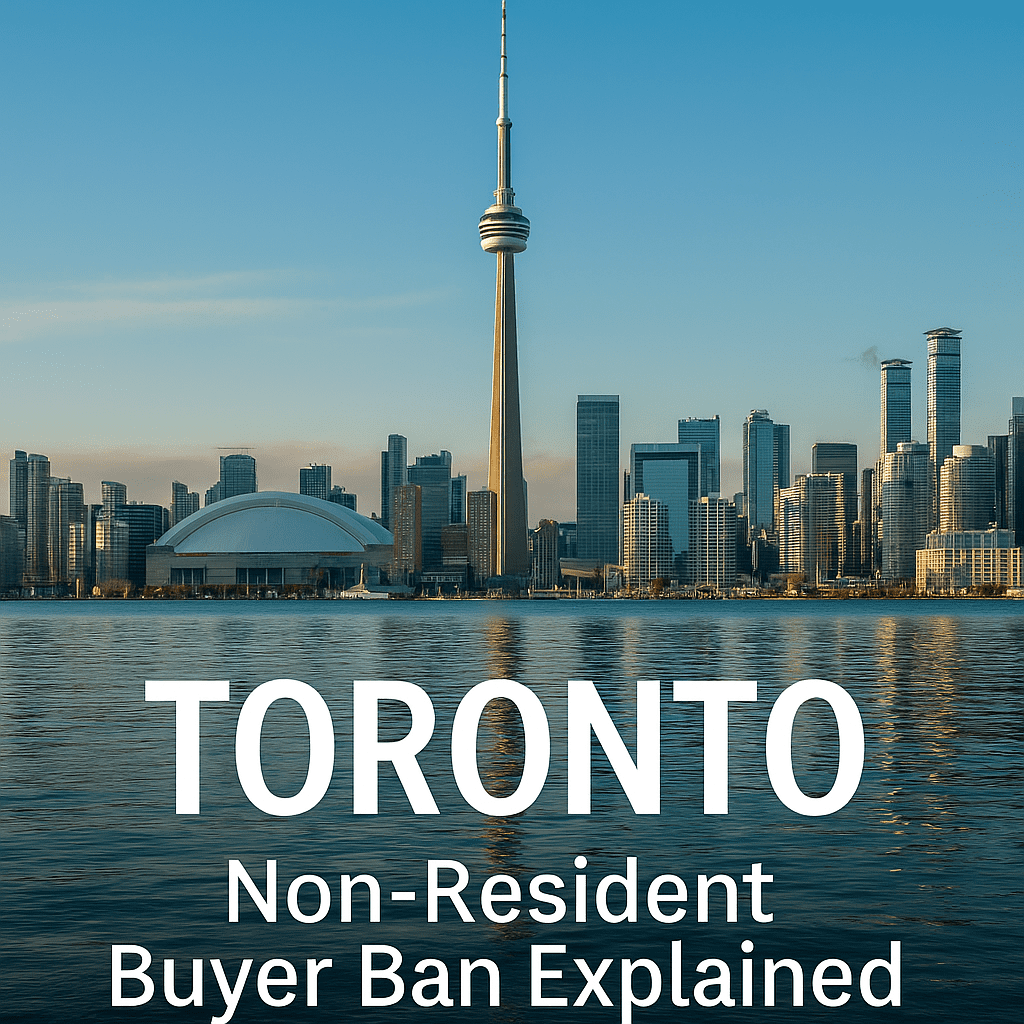With detached homes being so expensive in Toronto, many are looking towards condos as a more affordable option. But even for condos, demand exceeds supply, including for pre-construction units. Many buyers are enticed by the prospect of a new condo and being the first to live there. But imagine if you purchased a pre-construction condo unit, and one day, you suddenly find out that the project is cancelled! What do you do?
—> Read more: Pre-construction vs Resale: Which Condo Should You Buy?
You might be wondering, “What are the chances that my pre-construction project will get cancelled? Very unlikely right?”
According to a Zoocasa article, 23 condo projects were cancelled from 2012 to 2017. Another article by Toronto Storeys noted that 12 buildings (4,202 units) were cancelled in 2018. That’s much higher than 2017, at 1,678 units, and 2016, at just 379 units.
How’s 2019 looking so far? Well, according to an article from LowestRates, three pre-construction condo projects have been cancelled as of April 2019.
So the short answer is that it’s highly unlikely for your pre-construction condo to get cancelled, but it’s still possible, and the risk is increasing.
This article will go over why developers might cancel a condo project, what you can do, and how to mitigate your risk.
Why Might a Pre-Construction Condo Project be Cancelled?
A pre-construction condo project might get unexpectedly cancelled for a variety of reasons. The three most commonly stated reasons are
- Failing to sell enough units
- Failing to secure financing for the project
- Delays in getting the required approvals for building and planning
These reasons are typically stated in that long purchase agreement that the purchaser didn’t want to read but signed anyway. Always read before you sign.
In Toronto specifically, failing to sell enough units usually is not the reason for cancellation given the high demand. If a developer were to cancel, it’s probably due to failure to secure financing or approvals for building and planning. In a Toronto Storeys article, Pauline Lierman, Director of Market Research at Urbanation, states that
All [GTA condo] projects that cancelled in the last year [2018] had more than 80% of the units sold. The biggest factors are cost and financing.
What can you do?
You are entitled to get your money back. The first thing you can do is ask for your money back and refer to the relevant laws.
According to Ontario’s Condominium Act (section 82 and section 19 of O. Reg. 48/01), if a vendor (developer) cancels a project, they are obligated to refund of monies paid by the customer, plus interest. The Condominium Act sets an interest rate of 2 percentage points less than the Bank of Canada rate. In practice, the Bank of Canada interest rate has been less than 2% since 2008, so buyers actually get 0% interest.
You should also know about Tarion, which is an organization created by the Ontario government for the purpose of providing home warranty protection. Every condo unit purchase also has a Tarion Addendum to the agreement. This Addendum states that if the vendor cancels, then they have to refund all money paid by the purchaser, including any money paid for upgrades and extras, within 10 days of the cancellation.
While you are entitled to get your money back, vendors have resisted in past cases. The Condominium Act also requires the vendor to put all money (deposits, upgrades, and extras) received by purchasers into a trust fund. If, for some reason, the vendor is unwilling to return the deposit, then the purchaser can contact the trustee (usually a lawyer) and make a claim to get the deposit back.
If, somehow, the money is no longer in a trust, then purchasers can turn to Tarion Warranty Corporation, and they will return your deposit up to $20,000.
If you’ve lost money over that $20,000, then unfortunately, it will be very difficult to get it back because the vendor most likely owes money to the bank and the municipality, and they have priority to the developer’s assets over purchasers. One option in this situation is to join a class-action lawsuit with other buyers against the vendor.
For further help, customers can call Tarion’s customer service team toll-free at 1-877-9-TARION (1-877-982-7466), or by email to .
—> Read more: Can You Sell a Pre-Construction Condo? Yes, but…
How can you mitigate your risk?
Researching your developer before signing that purchase agreement is key to mitigating the risk of losing your money. Frank Farhangi, a Broker at Sotheby’s International Realty Canada, gives the following advice:
An experienced developer with a great brand and reputation has more to lose by cancelling a project than a new developer. Do your homework on Google and check for customer reviews or any news publications mentioning the developer.
You can also look up the developer in Tarion’s directory of builders. Once you find their profile, you can see if they’ve had any cancellations in the past. As Farhangi said, large builders that have been around for a long time have a lower risk of cancellation.
In addition to searching Tarion’s directory, you can also search if your developer has any liens. A lien is when a previous creditor claims interest in one of the developer’s assets, hoping to get repaid for a previous debt. A developer with liens is riskier than one without liens. You can search if a developer has any liens on Service Ontario’s website. It costs $8 to search a year within the past 25 years. It may be worthwhile to search the past 3 years, which would cost $24.
Farhangi also recommends the buyer to ask targeted questions to the agent:
Ask your agent to provide you with a list of the other projects the developer completed recently. Check to see if there are any pending lawsuits or class actions by the purchasers against the developer. Question if the zoning of the project as it is being presented has already been approved by the municipality. If the project has been on the market for a long time and has a lot of inventory without sales momentum, that might be a project to steer clear of.
When you are talking with a sales representative, keep in mind that they are biased and it’s their job to treat you well and try to sell you the condo unit. But should any problems occur, purchasers are down on the list of people trying to get their money back from a bankruptcy filing. It’s worth saying again: Make sure you research their track record before singing the purchase agreement!






